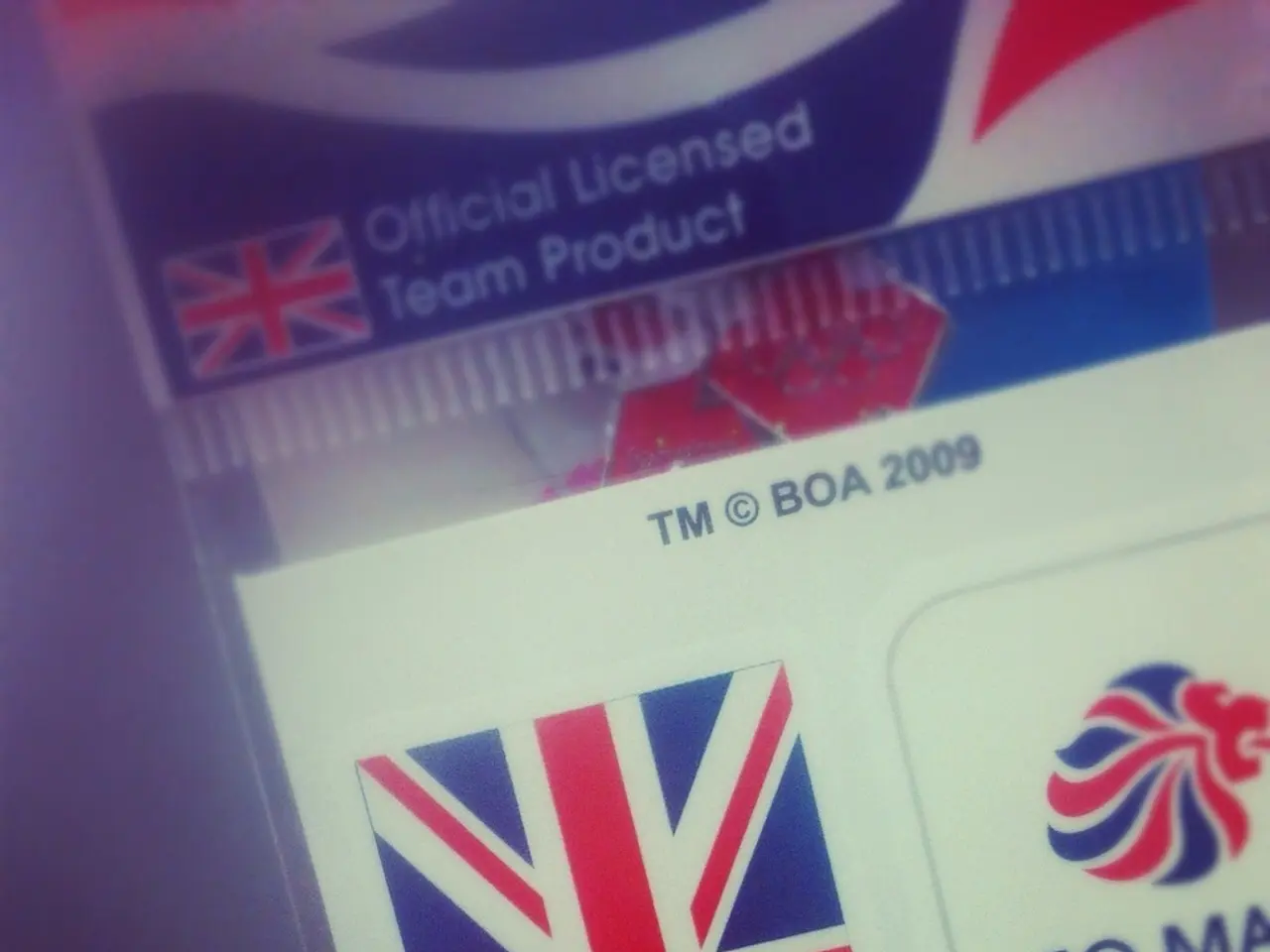India Introduces Battery Passport System for Electric Vehicles: Learn About the 'Digital Identity Cards' Revolutionizing Safety, Exports, and More
India is set to implement a "Battery Passport" system for electric vehicle (EV) batteries, a move that aims to strengthen its electric vehicle export capabilities, ensure enhanced product safety standards, and elevate overall battery quality across the market.
The system, being developed by NITI Aayog in collaboration with various government ministries and departments, is being characterised as an "Aadhaar for batteries." Much like the unique identity system for Indian citizens, each EV battery will receive a distinct digital profile encoded within a QR code.
The battery passport system will track batteries from manufacturing to disposal, providing comprehensive digital documentation for every EV battery throughout its operational life. This includes origin details, performance metrics, chemical composition, and recycling procedures.
The Indian framework draws substantial influence from the European Union's (EU) Battery Regulation. Notably, the EU's Battery Regulation mandates battery passports for all EV and industrial batteries exceeding 2 kWh capacity starting February 2027. The timing of India's system implementation is strategic, as the country prepares to roll out its comprehensive battery swapping policy.
Real-time battery data access will be essential for the operational success of the battery swapping policy. The battery passport system can prevent unsafe practices such as combining cells of different vintages in the same module, reducing performance imbalances and fire risks.
The phased rollout strategy ensures smooth integration across India's diverse electric vehicle ecosystem while maintaining manufacturing momentum and export competitiveness. The system will be implemented in a phased manner, starting with two-wheelers, then expanding to three-wheelers and four-wheelers.
India has already attracted significant international investment through production-linked incentive schemes, positioning itself as an attractive export hub for major automotive players. The battery passport system further solidifies India's position in the global EV market.
Enhanced transparency regarding battery longevity, production dates, and environmental impact will strengthen buyer confidence and accelerate electric mobility adoption. The system will help in tracking the battery's lifecycle, ensuring that it is recycled responsibly and contributing to a greener future.
As of now, there are no available search results identifying the specific government agency in India responsible for the development of the "Battery Passport" system. However, the preliminary framework document for the battery passport system is expected to be released in the coming months, providing more details about the initiative.
The battery passport system in India aligns with the country's broader strategy to establish itself as a leading global EV manufacturing center. As the world transitions towards cleaner and more sustainable energy solutions, India's battery passport system is a significant step towards a greener future.
Read also:
- Nightly sweat episodes linked to GERD: Crucial insights explained
- Antitussives: List of Examples, Functions, Adverse Reactions, and Additional Details
- Asthma Diagnosis: Exploring FeNO Tests and Related Treatments
- Unfortunate Financial Disarray for a Family from California After an Expensive Emergency Room Visit with Their Burned Infant




